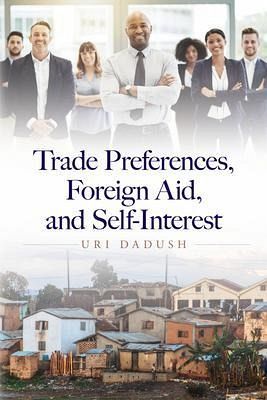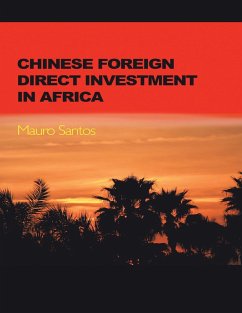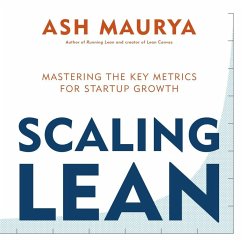
Trade Preferences, Foreign Aid, and Self-Interest (eBook, ePUB)

PAYBACK Punkte
4 °P sammeln!
Rich countries help poor countries in many ways. Aid is often justified on humanitarian grounds, and rightly so. But is it also in the self-interest of rich countries?The purpose of this book is to provide a precise answer. It is in the self-interest of a rich country to provide a poor country with assistance when the poor country produces goods the rich country wants to buy and buys goods that the rich country is best at producing.The rich country should provide most assistance early in the poor country's development, when the return to its investment in the poor country is highest, and reduc...
Rich countries help poor countries in many ways. Aid is often justified on humanitarian grounds, and rightly so. But is it also in the self-interest of rich countries?
The purpose of this book is to provide a precise answer. It is in the self-interest of a rich country to provide a poor country with assistance when the poor country produces goods the rich country wants to buy and buys goods that the rich country is best at producing.
The rich country should provide most assistance early in the poor country's development, when the return to its investment in the poor country is highest, and reduce its assistance as the poor country approaches high levels of income. The assistance provided to the poor country should be higher the lower the rate of return to capital in the rich country.
The frameworks proposed in this book provide rigorous economic justification for foreign aid, for special and differential treatment of developing countries at the World Trade Organization, and for graduation from developing country status in international organizations.
The purpose of this book is to provide a precise answer. It is in the self-interest of a rich country to provide a poor country with assistance when the poor country produces goods the rich country wants to buy and buys goods that the rich country is best at producing.
The rich country should provide most assistance early in the poor country's development, when the return to its investment in the poor country is highest, and reduce its assistance as the poor country approaches high levels of income. The assistance provided to the poor country should be higher the lower the rate of return to capital in the rich country.
The frameworks proposed in this book provide rigorous economic justification for foreign aid, for special and differential treatment of developing countries at the World Trade Organization, and for graduation from developing country status in international organizations.
Dieser Download kann aus rechtlichen Gründen nur mit Rechnungsadresse in A, D ausgeliefert werden.













